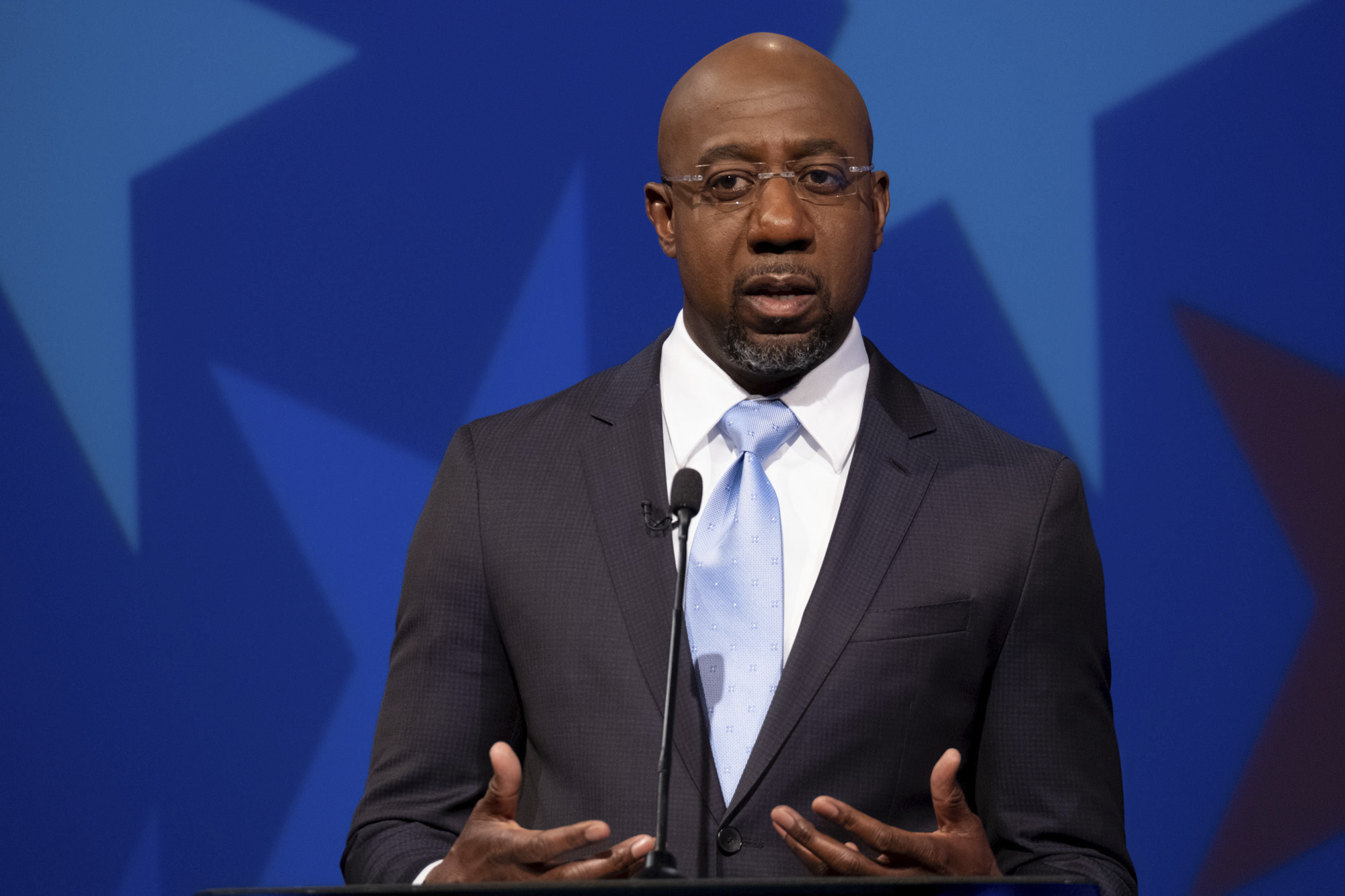Laying out a plan for “a safer, stronger Georgia” that includes more money for teachers and schools and an effort to crack down on crime, Republican Gov. Brian Kemp made his case for reelection Thursday.
“By keeping our state open for business, bringing record levels of jobs and investment, and fighting to put hardworking Georgians first, we now have the opportunity to build a safer, stronger Georgia for all who call the Peach State home,” Kemp told lawmakers and other state officials in his State of the State speech.
The speech came as Kemp is challenged for reelection by Republican candidates who allege he didn’t do enough to overturn Donald Trump’s electoral loss in Georgia, and Democratic nominee-apparent Stacey Abrams, whose narrow 2018 loss to Kemp vaulted her to national prominence.
Kemp is counting on showing voters what he can provide through his power of incumbency, hoping to use the session to elevate his standing. His proposals, laid out in the speech and over the past several days, include bombarding teachers, public schools, universities and their employees and state employees with more money, and providing $1.6 billion of state income tax rebates.
“I have fought hard to live up to the commitments I made on the campaign trail and ultimately do the right thing, even when no one was watching,” Kemp said.
The governor has appealed to conservative voters by saying he wants to end the requirement for permits to carry concealed weapons, protect students from ideologies, ban transgender girls from playing school sports, create a parents’ bill of rights, and remove obscene materials from school libraries and online resources.
Opponents were dismissive of Kemp’s program. Republican primary challenger David Perdue attacked Kemp’s plan as “an election-year spending spree.”
“Only a career politician like Kemp would wait until an election-year primary fight to finally pretend to be a conservative,” said Perdue’s campaign spokesperson, Jenni Sweat.
But the governor’s efforts could help guarantee months of headlines featuring him supporting conservative issues. Kemp said Thursday he wants to “protect our students from divisive ideologies — like critical race theory — that pit kids against each other.”
Critical race theory is an academic framework that centers on the idea that racism is systemic in the nation’s institutions and that they function to maintain the dominance of white people. In recent months, it has become a catch-all political buzzword for any teaching in schools about race and American history.
The governor last week announced his support for abolishing the requirement that residents obtain permits to carry guns outside their property. On Thursday, he said that was part of an effort to “ensure every Georgian feels safe and secure in their communities.”
Kemp’s agenda also includes anti-crime initiatives including creating an anti-gang task force in Attorney General Chris Carr’s office to complement the one established by the Georgia Bureau of Investigation during Kemp’s administration. Kemp said state oversight is needed because “in too many jurisdictions across our state, soft-on-crime local governments and prosecutors have been unwilling to join our fight to rid their communities of these criminal networks.”
Kemp also said he wants to spend $7 million to upgrade the GBI crime lab and hire more crime lab technicians and medical examiners to perform autopsies, and he highlighted the federal money he allocated to clear court system backlogs. Kemp also said he would seek funding for an additional state trooper class and ask technical colleges to offer tuition-free law enforcement and criminal justice degrees.
Democrats have heavily targeted Kemp on COVID-19, saying he has mishandled the pandemic. Kemp on Thursday continued his defense that his choice for an early business reopening and minimal restrictions afterward was the right approach, citing low unemployment and new industrial announcements.
“Georgia is on the move because we chose freedom over government shutdowns,” said Kemp, who also has backed lawsuits against federal vaccine mandates. “We trusted our citizens to be part of the solution — instead of part of the problem.”
Kemp also touted improvements in health insurance. He noted decreases in premiums and improved choices in the federal insurance marketplace for individuals because of state subsidies. His plan to partially expand Medicaid has been blocked by President Joe Biden’s administration, however, because it includes a requirement that all recipients work.
“While the Biden administration plays politics, in Georgia, we’re making health care more affordable for millions of our citizens,” Kemp said.
The governor also pledged plans to increase the supply of doctors and nurses, and said he wanted to extend Medicaid coverage of mothers after birth from the recently approved six months to a year.








